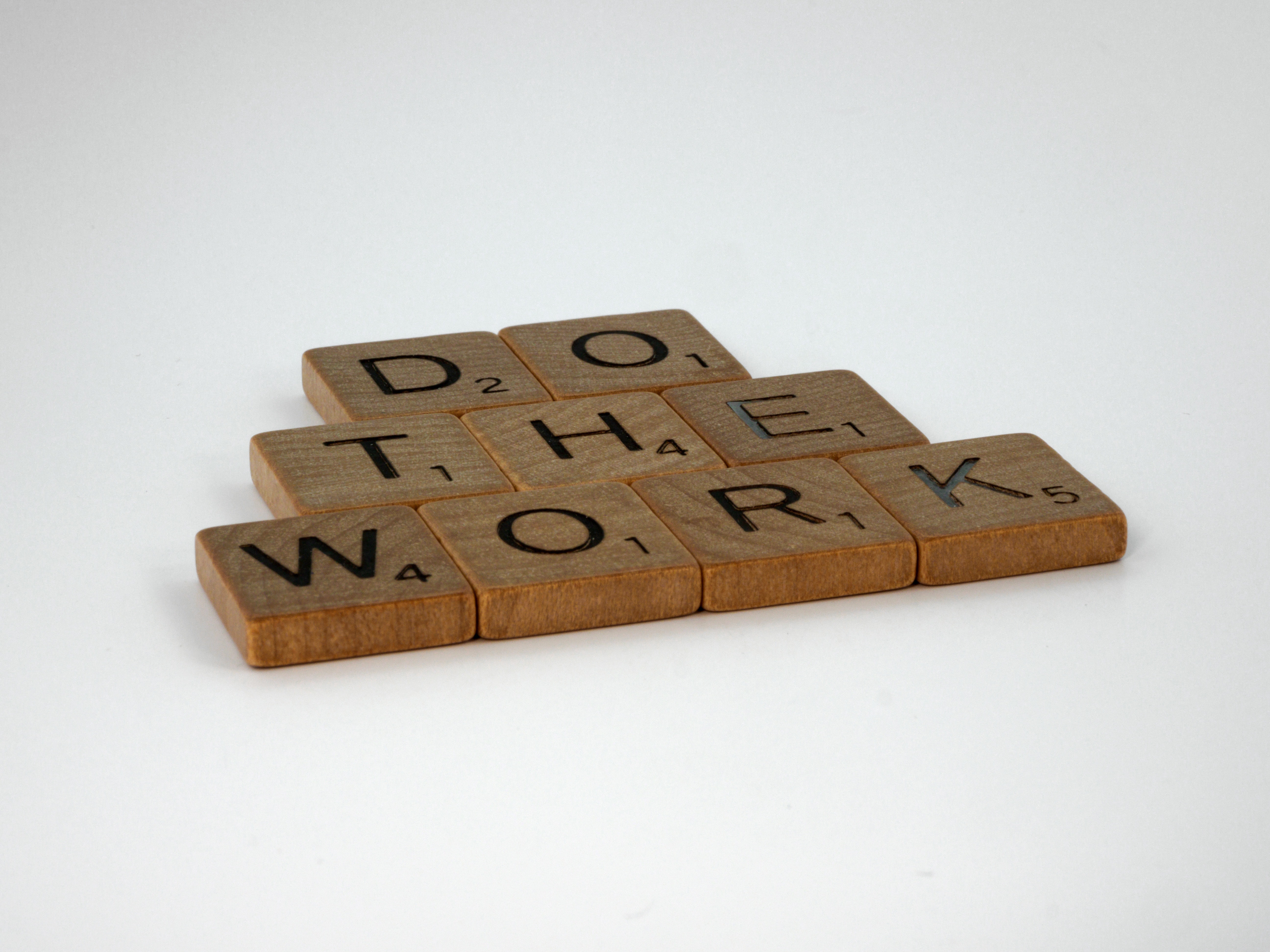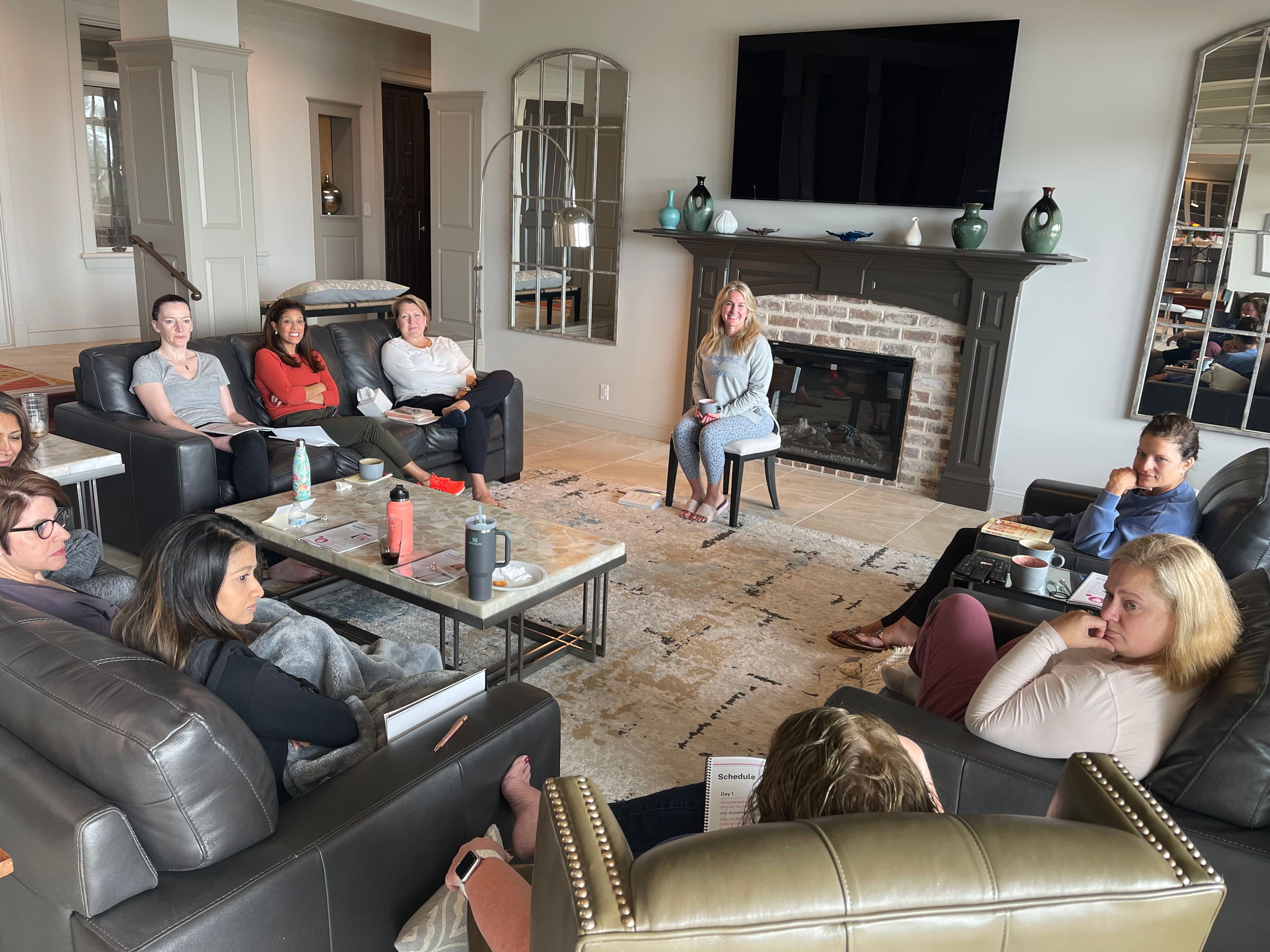The Importance of Empathy in Medicine: Benefits & Understanding
Apr 21, 2023
Empathy is at the heart of medicine. Throughout my years of practicing anesthesiology, I have come to realize that empathy is truly the cornerstone of compassionate care. It allows me to connect with my patients on a deep emotional level and truly understand their needs and experiences. Over time, I have learned just how crucial it is to cultivate this ability as an integral part of my practice.
What is Empathy?
Empathy is not just about treating physical symptoms or medical conditions but about understanding and addressing the emotional and psychological aspects of a patient's well-being. In a simpler, humane context - simply put, empathy is the ability to understand and share the feelings and emotions of others. It involves putting yourself in someone else's shoes, perceiving and understanding their emotions, and responding with understanding and compassion.
Empathy allows us to connect with others on an emotional level, to be attuned to their needs and experiences, and to respond with care and understanding. It is an essential quality in fostering positive relationships, building trust, and providing compassionate care in various interpersonal settings, including medicine, where it plays a crucial role in patient care and outcomes.
Empathy allows us to:
● listen with genuine attentiveness
● show understanding
● validate emotions
● be present in the moment
● provide comfort and support in times of vulnerability

When I approach my patients with empathy, I can create a patient-centered care environment where their unique needs, fears, and concerns are truly heard and understood. It goes beyond the physical aspects of healthcare. Empathy allows me to connect with patients on a human level, recognizing their emotions, fears, hopes, and dreams. It reminds me that every patient is an individual with their own story and that their emotions and experiences are valid and deserving of compassion.
The Connection Between Enneagram and Empathy
I honestly didn't tap into how important empathy was until I started to study the Enneagram and explored my own Enneagram type. I've come to see how understanding the Enneagram can enhance my perception of empathy in myself and others. The Enneagram provides insights into our personality traits, patterns of behavior, and motivations. Plus, understanding my Enneagram type has helped me recognize how my inherent traits and tendencies may impact my ability to empathize with others. It has also shed light on how others may express empathy based on their Enneagram type.
By gaining self-awareness through the Enneagram, I've become more attuned to how my personality influences my capacity for empathy. For instance, I've noticed that my Type 5 friend, the Investigator, tends to express empathy through actively listening and providing logical solutions, while my Type 9 coworker, the Peacemaker, often expresses empathy through creating a harmonious environment and offering a non-judgmental presence. I realize now that the way I express empathy may be very different from how my co-workers do, and that is a GOOD thing.

My own self-awareness and understanding of others based on our Enneagram types have facilitated more compassionate and empathetic interactions in my work relationships. It has allowed me to appreciate the unique perspectives and behaviors of different Enneagram types and approach empathy with a deeper understanding of how it may manifest in various ways depending on one's Enneagram type.
Do you want to learn more about your Enneagram Type but don't know where to begin? I've prepared a special treat for you: there is an entire season of the Brave Enough Show Podcast devoted entirely to the Enneagram! Discover more about yourself and the Enneagram. Don't miss out - listen to Season 7 now.

Can Empathy be a Strength?
As a woman physician who has spent years working in the operating room, I have come to understand that empathy can be a tremendous strength. It can be a powerful tool that enhances the quality of care we provide to our patients. It allows us to see patients as unique individuals, rather than cases to be done. It helps me grasp the physical, emotional, and social challenges my patients may be facing and allows us to provide holistic care that addresses their diverse needs. By understanding our patient's values, beliefs, and preferences, and by actively involving them in the decision-making process, we can ensure that the care we provide is tailored to their individual needs and aligns with their goals and expectations.
Empathy can also benefit our colleagues and other healthcare professionals. In a fast-paced, high-stress environment like medicine, empathy can foster teamwork, enhance communication, and create a supportive work culture. It allows us to understand and acknowledge the challenges our colleagues may be facing, and to provide emotional support when needed. Empathy promotes inclusivity, fostering a sense of belonging and respect among team members of diverse backgrounds, experiences, and perspectives.
However, it's important to acknowledge that empathy can also have its challenges. As healthcare providers, we are exposed to suffering, pain, and loss daily. Empathizing with our patients and their families come with an emotional toll. It's crucial to practice self-care, set healthy boundaries, and seek support when needed to prevent burnout and ensure our well-being is taken care of when we encounter situations like these.
When Empathy is Not Enough
There are situations where empathy alone may not be enough to fully address the complex challenges that patients and healthcare providers may face. For example, when patients require medical interventions or treatments that may be difficult for them to accept or understand. Despite our empathetic approach, patients may still feel anxious, resistant, or unwilling to comply with recommended treatments.
One situation where I have found empathy to be important is when patients are dealing with complex social, economic, or cultural issues that impact their health. Patients from different cultural backgrounds may have unique beliefs, values, and practices that impact their perception of illness and treatment. In these cases, empathy allows us to respect what our patients are going through even if we do not completely understand. Empathy allows us to see contemplate how we would feel if our own beliefs were challenged, and give us the compassion to deliver our best care.

As healthcare providers, we may also face challenges where our own empathy may drain us. The emotional demands of caring for patients, witnessing suffering, and dealing with difficult situations can take a toll on our well-being which may lead to compassion fatigue, burnout, and moral distress. In these cases, self-care, seeking support from colleagues, and utilizing resources for mental health and well-being are essential to ensure that we can continue providing compassionate care to our patients.
While empathy is important, there are moments when we need to recharge and recover. This is where the Brave Enough Retreat for Women Physicians comes in. This extraordinary retreat is specifically designed to empower you to cultivate self-compassion and empathy in a supportive and uplifting environment. Through engaging workshops, thought-provoking discussions, and community-building activities, you'll gain invaluable skills and techniques to connect with others on a profound level and build meaningful relationships. Join us on this transformative journey to elevate your empathy and make a lasting impact in your personal and professional life. Join me and other women just like you in June for the next retreat!

3 Simple Ways How to Improve Empathy in Medicine
Empathy is a fundamental aspect of providing compassionate care in medicine. Here are three simple ways that I practice to improve empathy in my interactions with patients:
Active Listening
I make sure to actively listen to my patients when they are sharing their concerns with me. I give them my full attention, maintain eye contact, and avoid interruptions. I don’t have much time with my patients before surgery; so I try hard to not just listen to their words, but also to their tone of voice, body language, and emotions. I strive to create a safe space for them to express their fears, worries, and emotions without judgment. I validate their feelings and acknowledge their experiences to show empathy.
Putting Myself in Their Shoes
I try to put myself in my patients' shoes to understand their perspectives. I consider their background, culture, and individual circumstances to gain insight into their experiences and emotions. I try to see the situation from their point of view, which helps me connect with them on a deeper level and respond with empathy.
Practicing Compassion
I consciously practice compassion in my interactions with patients. I approach them with kindness, warmth, and a non-judgmental attitude. I offer words of comfort and reassurance, and I try to be patient and understanding. I express empathy through my tone of voice, facial expressions, and gestures, to convey my genuine care and concern for their well-being. Affirmation goes a long way!
Improving empathy in medicine requires conscious effort and practice, but it is a crucial skill that can significantly enhance the patient-provider relationship and improve overall patient care. I strive to incorporate these simple yet powerful practices in my daily interactions with patients to foster empathy and provide compassionate care.
Why Empathy Matters for Women Physicians?
I understand the unique ways in which empathy can enhance patient care, especially when it comes to shared experiences related to gender, culture, and social roles. These shared experiences can create a deeper connection and understanding with my patients. Empathy allows me to approach gender-specific health needs with sensitivity and compassion, taking into consideration not only the physical aspects but also the emotional and social aspects of women's health. It also plays a critical role in addressing social determinants of health that disproportionately impact women, such as gender-based discrimination, domestic violence, and access to healthcare.

As a woman physician, I strive to cultivate empathy in my interactions with patients, listening to their concerns, validating their experiences, and considering their unique needs. I aim to create a safe and supportive environment where patients feel heard, understood, and cared for. I believe that empathy is a powerful tool that can enhance the patient-provider relationship, promote better health outcomes, and contribute to a more equitable and compassionate healthcare system.
Ready to gain fascinating insights into yourself, and you process empathy? Take the Enneagram assessment now by clicking HERE and discover how it can help you practice empathy in all areas of your life, just like I did. Let the Enneagram help guide you into a much deeper understanding of WHY you do what you do, and what motivates you,
How Enneagram Helps in Understanding and Proving Care to Others
The Enneagram is a system that can help you understand others and enhance your ability to care for them effectively. Here are some ways the Enneagram can support your understanding of others and improve your caregiving skills:
Increased Self-Awareness
The Enneagram provides insights into our personality type, helping us develop self-awareness and understand our patterns of behavior, motivations, and coping mechanisms. This self-awareness can enable us to recognize how our personality type may impact our interactions with others, including patients, colleagues, and other healthcare professionals. By understanding our strengths, weaknesses, and triggers, we can manage our reactions and responses more effectively, leading to better communication and relationships with others.
Curious about how to cultivate self-awareness? Start with my transformative Breathing Room Course, where you'll learn powerful techniques to connect with yourself on a deeper level and achieve greater mindfulness and self-awareness.

Understanding Diverse Perspectives
The Enneagram describes nine different personality types, each with its unique perspectives, tendencies, and ways of relating to others. By learning about the different Enneagram types, we can gain insight into how others may see the world, process information, and respond to stress or challenges. This understanding can help us approach patients, colleagues, and other individuals with greater empathy, patience, and tolerance, and tailor our caregiving approach to meet their specific needs and communication styles.
Are you eager to broaden your horizons and connect with other thriving women to explore diverse perspectives? Join us at the Brave Enough Women's CME Conference 2023, where you'll find an amazing opportunity to learn, grow, and connect. Limited scholarships are available to make this event accessible to everyone, so spread the word! Don't miss out on this incredible opportunity.
Enhancing Communication Skills
The Enneagram can improve our communication skills by providing insights into how different personality types may communicate uniquely, including their communication styles, preferences, and potential pitfalls. This awareness can help us adapt our communication approach to better connect with others, build rapport, and establish effective lines of communication.
Tailoring Care Plans
By understanding the Enneagram, we can better anticipate the reactions, preferences, and potential challenges of others, and adjust our care plan accordingly. By using the Enneagram as a tool for understanding patients, we can provide more patient-centered care that takes into account their unique personality traits and needs.
Always Choose Empathy
In the whirlwind of our fast-paced world, where time seems to fly by and demands can feel overwhelming, it's more important than ever to remember the power of empathy. In times of need and vulnerability, empathy is the beacon of compassion that can guide us toward making a difference in the lives of others.
When we choose empathy, we choose to be present, listen with an open heart, and offer kindness and understanding without judgment. It can bring comfort to those who are hurting, provide solace to those who are grieving, and instill hope in those who may be struggling.
As strong women physicians, let us be the light that shines in the darkness, the comfort in the storm, and the voice of compassion in a busy world. Together, we can create a ripple effect of kindness that can make a lasting impact on the lives of those around us.
Sister, when everything seems overwhelming - breathe - and choose empathy.
Feeling stretched thin? I can show you 10 ways to get back TWO HOURS in your week!
DOWNLOAD MY FREE TOOLKIT AND GET BACK HOURS OF TIME IN YOUR WEEK.
YES, YOU CAN.
We hate SPAM. We will never sell your information, for any reason.


